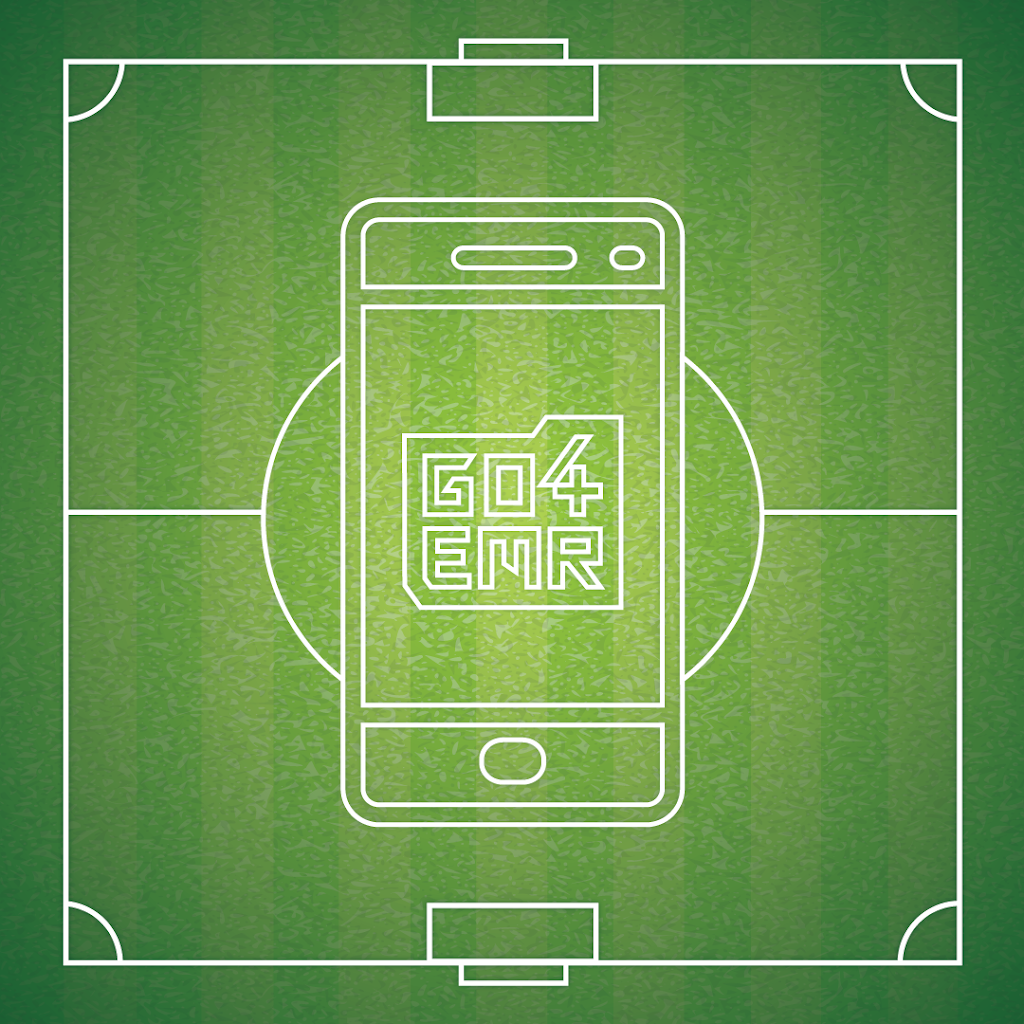Allergies? Cold? Or COVID?


Allergies? Cold? Or COVID?
By: Drew Duckett, MS, ATC
Although typically recognized for sideline injury management, Athletic Trainers are primary health care providers who work with patients to manage a variety of illnesses and injuries that often do not involve the musculoskeletal system. I pulled data of patient visits over a 23-month period (pre-pandemic) from our electronic medical record at Boston University. This data showed that 35% of our Athletic Training patient encounters were for non-orthopedic concerns. Given the pandemic response and the critical role Athletic Trainers have played, I expect current data would show an even higher percentage.
But COVID aside for a moment, having over a third of the patient encounters for non-orthopedic pathology shows it is a major part of Athletic Trainers’ patient contacts. Interestingly however, a 2014 paper by Morin et. al in the Athletic Training Education Journal revealed that Athletic Trainers, especially new graduates, were least confident in recognizing non-orthopedic conditions. Again, that was several years ago and pre-pandemic so perhaps this has changed, but the underlying reason likely has not.
Athletic Trainers are least confident in skills that they do not routinely practice, and new graduates are least confident in skills that were not routinely modeled in clinical education. So, if most ATs are least confident in non-ortho conditions like managing patients with illness, then there is likely a much lower threshold for a referral to a physician or other health care provider. I will touch more on this in a minute. But first, why do Athletic Trainers have patients that have so many symptoms of illness? Looking at the risk factors of athlete illness, one study9 has shown that for a 10% increase in training load there is a 10% risk of upper respiratory tract infection. That’s an interesting fact that explains why some of our patients may be at greater risk of contracting upper respiratory infection. Upper respiratory infections comprise most of all infections in athletes, as studied at world events9.
In addition to risk increasing with increased training load, other factors including travel, lack of quality sleep, and psychological stress have shown to increase risk for athlete illness. Understanding each of these factors increase risk, Athletic Trainers should expect to have a large percentage of patient concerns be illness related. I have spoken to Athletic Trainers who have shared with me that when any any of their patients have symptoms of a cold, upper respiratory infection, or any other type of illness, it is do not pass go, do not collect $200, do not receive an evaluation by an Athletic Trainer but rather diverted directly to the physician or school nurse. Why is this the case? Athletic Trainers do not send every patient with a lateral ankle sprain immediately to the Orthopedic surgeon, do we? Of course not. We evaluate the patient determined goals, establish a care plan, begin treatment and plan follow up check-in appointments.
Every open ankle fracture on the other hand, we immediately refer. There is an understanding with orthopedic conditions of what can first be managed in clinic, and what needs to be referred immediately. The same is true with someone who presents with illness. As stated earlier, upper respiratory infection will comprise more than half of all illnesses in the athletic population. So when a patient comes into the AT clinic seeking relief from a sore throat, if we slid them over a pack of analgesics meds and a few menthol lozenges we are certainly attempting to address the symptoms. This may be a suitable treatment option for the person who has post nasal drip, however if a patient has a peri-tonsillar abscess it is important to refer that person for advanced care. The key to this is the combination of history and physical exam. It may be tempting to simply recommend medications that are ANTI whatever symptom the patient has or to refer them to a different provider, but this is not GreAT healthcare.
Administering or recommending medication without a diagnosis could be harmful to the patient and this type of practice could place ATs in a vulnerable legal position. On the other hand, blindly referring patients with illness symptoms may delay care that they could receive in the moment. By evaluating, determining a differential diagnosis and a treatment/management plan, ATs can determine what point of care testing and/or lab work may need to be done. This is not dissimilar to ATs recognizing a patient who has a mechanism, clinical presentation, and exam findings of an ACL tear to need various types of advanced imaging. Obviously, we are all familiar with rapid tests for COVID-19. However, there have been rapid tests for various pathogens for years. ATs may not have used them routinely as we have COVID-19 test, but now is the time to capitalize on that. Point of care tests are readily available from a variety of vendors for common illnesses such as Strep A, Influenza A+B, mononucleosis, and various others. Athletic Trainers are positioned uniquely within the healthcare continuum because often patient access is immediate or expedient. This means that the Athletic Trainer can diagnose a patient and provide treatment that may drastically alter the patient outcome. If an Athletic Trainer recognizes that a patient is likely to have strep throat due to history, physical exam, clinical prediction rules (Centor Criteria, FEVERpain scale etc.), and/or results of rapid strep point of care test, appropriate treatment with antibiotics can start immediately. If referred to the physician, this patient will likely be delayed in care that could affect their outcome. This is an easy example, but one that happens all the time. As Athletic Trainers we need to leverage our role as primary care providers and treat patients with illness the same way as we treat patients with orthopedic concerns. Gone *should be* the days that a patient tells us they are congested, and we reach into the cabinet to hand them a pack of Sudanyl without any further discussion, evaluation, or management plan.
References
- Anthony P. Breitbach, Jason A. Muchow & David F. Gallegos (2020) Athletic trainers’ unique clinical and teamwork skills contribute on the frontlines during the COVID-19 pandemic: A discussion paper, Journal of Interprofessional Care, 34:5, 607-613, DOI: 10.1080/13561820.2020.1792426
- Board of Certification. Role Delineation Study/Practice Analysis. 6th Edition.
- Centers for Disease Control and Prevention. A Guide to Taking A Sexual History. https://www.cdc.gov/std/treatment/sexualhistory.pdf
- Choby B. Diagnosis and treatment of streptococcal pharyngitis. Am Fam Physician. 2009 Mar 1;79(5):383-390.
- Fendrick AM, Monto AS, Nightengale B, Sarnes M. The economic burden of non–influenza-related viral respiratory tract infection in the United States. Arch Intern Med. 2003;163(4):487-494.
- Morin GE, Misasi S, Davis C, Hannah C, Rothbard M. Entry-level athletic trainers’ self-confidence in clinical skill preparedness for treating athletic and emergent settings populations. Athl Trainn Educ J. 2014;9(4): 166-173.
- Ramazi, D, Leeper, K. DVT and pulmonary embolism: part I. Diagnosis. Am Fam Physician. 2004 Jun 15;69(12):2829-2836.
- Ruedl G, Schnitzer M, Kirschner W, Spiegel R, Platzgummer H, Kopp M, Burtscher M, Pocecco E. Sports injuries and illnesses during the 2015 Winter European Youth Olympic Festival Br J Sports Med 2016;50:10 631-636.
- Schwellnus M et al. How much is too much? (Part 2) International Olympic committee consensus statement on load in sport and risk of illness. Br J Sports Med 2016;50:17 1043-1052
Need an athletic trainer? Go4 is a nationwide app/platform that connects teams and organizations with per diem athletic trainers for games, practices, camps, clinics and tournaments. Go4 is the preferred per diem platform of the National Athletic Trainers’ Association. Every sideline. Everywhere. If you’re an AT looking to pick up a shift or two, drop your email below for updates on jobs, per diem, and Go4.
Are you an Athletic Trainer?
Join us!
From per diem shifts to full-time opportunities, AT resources, PLI, a free EMR and more, Go4 is the essential AT app. Sign up now!
"*" indicates required fields
Other articles you might like

What is the deal with Standing Orders?
How do I get standing orders as an athletic trainer? Q: What are standing orders? A: Standing orders, aka medical protocols, establish the scope of practice for an athletic trainer. Under the direction of a physician, they are an overview of the specific skills that the AT is legally able…

AT Spotlight: Thomas Obergefell, Athletic Training from the Dugout
Name: Thomas Obergefell, MS, ATC, LAT Nickname: T.J. Alma…

Middle School / High School / College / Any School EMR: The Importance of Documentation
Go4’s in-app Electronic Medical Record We all know the reasons why it’s important to thoroughly document, but incase you forgot, here they are:…